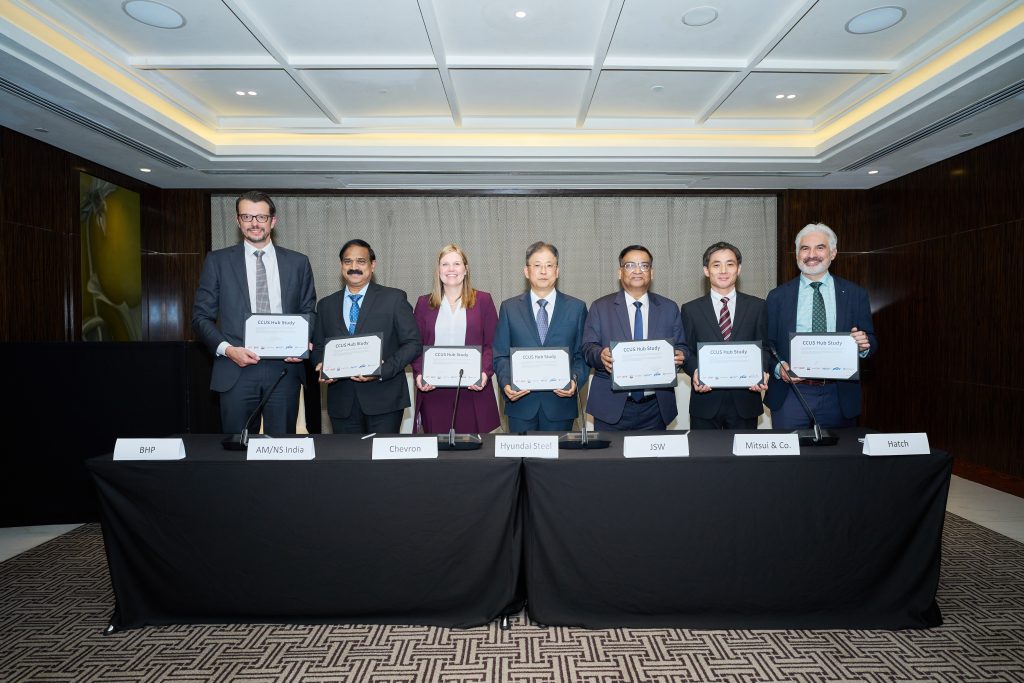Asian Industry Leaders Launch Groundbreaking Carbon Capture Hub Study
Major Asian industrial leaders launch unprecedented carbon capture study to accelerate regional decarbonization efforts, marking a significant step toward sustainable industrial development in Asia.

Industry leaders at the CCUS Hub Study launch event in Singapore
SINGAPORE - A landmark consortium of leading Asian industrial players has initiated a pioneering study to accelerate carbon capture and storage (CCUS) development across the region, marking a significant step in Asia's decarbonization journey.
Strategic Partnership for Sustainable Future
The groundbreaking initiative, led by steel giants ArcelorMittal Nippon Steel India, JSW Steel, and Hyundai Steel Company, alongside major regional infrastructure developers, represents the first independent industry-led CCUS study in Asia.
Key Study Objectives
- Assess technical and commercial pathways for CCUS implementation
- Evaluate potential CO2 storage sites across Asia and Northern Australia
- Develop cost estimates and commercialization strategies
- Examine regulatory frameworks for cross-border carbon transport
This initiative follows the pattern of successful strategic partnerships in Singapore, demonstrating the region's commitment to innovative environmental solutions.
Industry Impact and Regional Significance
With more than 1 billion tonnes of annual steel production from blast furnaces in Asia, the study addresses a critical need for decarbonization solutions. The consortium's approach mirrors successful regional industry transformations seen in other sectors.
"This consortium goes beyond conventional technological development - it aims to deliver real and measurable emissions reductions through collaboration with global partners," states Yonghee Kim, Vice President of Hyundai Steel.
Timeline and Implementation
The study, scheduled to conclude by end-2026, will be managed by Hatch in collaboration with Global CCS Institute, McDaniel, and Pace CCS. Findings will be made public to support industry-wide adoption and policy development.
Future Outlook
The initiative represents a crucial step toward achieving regional carbon neutrality goals, with participating companies targeting significant emissions reductions by 2030 and net-zero emissions by 2050.
Wei-Ling Tan
Tech and economy specialist, covering innovation in Southeast Asia from Singapore for both English-language and regional media outlets.
